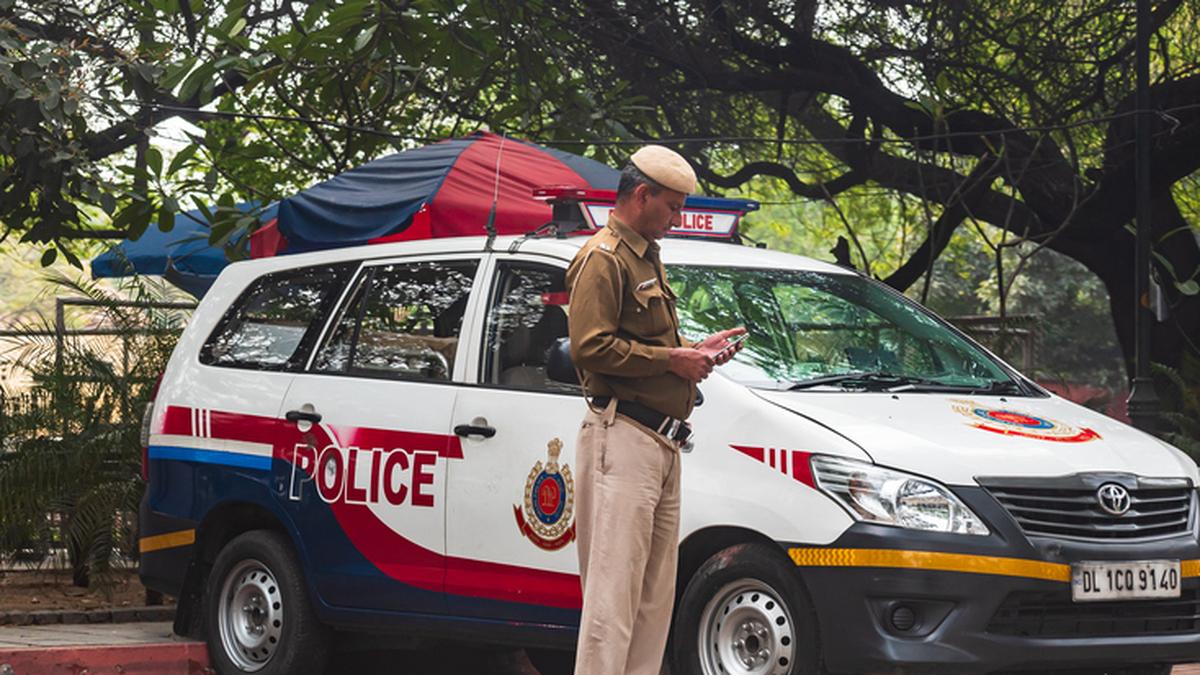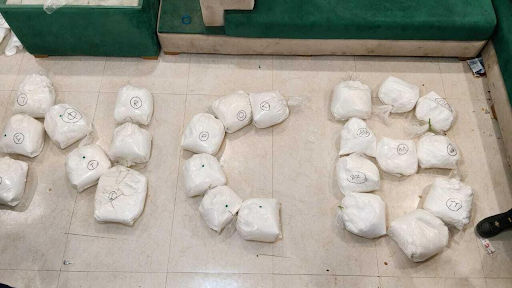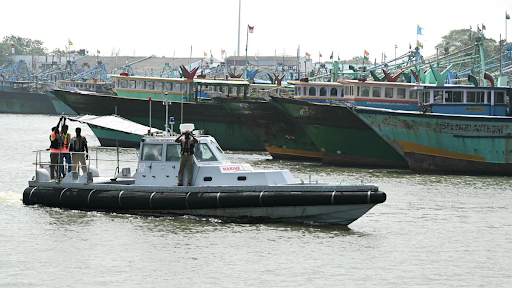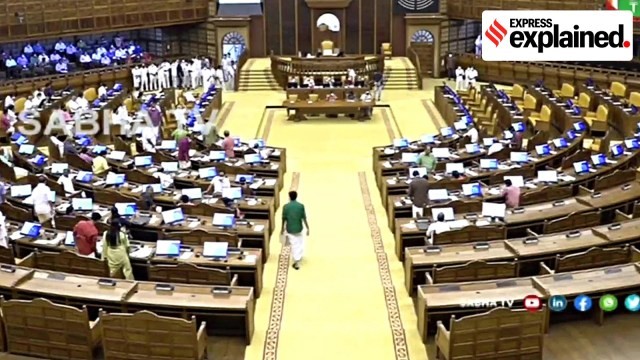Description
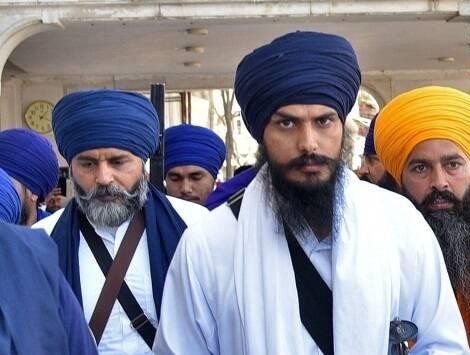
Disclaimer: Copyright infringement not intended.
Context: National Security Act has been invoked in the case of self-styled Sikh preacher and on-the-run Waris Punjab De chief Amritpal Singh.
Details:
What is the National Security Act, 1980?
- The National Security Act was passed by Parliament in 1980 and has been amended several times since then.
- The NSA "authorizes states to detain people without formal charges or trial."
.jpeg)
Evolution of NSA:
- The Defense of India Act of 1915was amended at the time of the First World War to enable the state to detain a citizen preventively.
- The Government of India Act, 1935gave the powers of preventive detention to the State for reasons connected with defense, external affairs or discharge of functions of the Crown in its relations with the Indian States.
Features of the law:
- According to the law, a person is detained to prevent him from committing an act that endangers "state security" or "the protection of public order".
- The administrative order passed by the Commissioner of this Division or the District Magistrate (DM) shall not include arrest by the police on any specific charge or offence.
- Even if a person is in police custody, the district administration can strike NSA against them.
- Or if a person is granted judicial bail, he can be immediately arrested under the NSA.
- If the person is acquitted by the court, the same person can be arrested by the NSA.
- The law removes a person's constitutional right to be brought before a judge within 24 hours, as in the case of an accused in police custody.
- The arrested person does not have the right to apply for bail in criminal court.
- A person can be detained without charge for a maximum of 12 months.
- A detainee can be held for 10-12 days in exceptional cases without being charged.
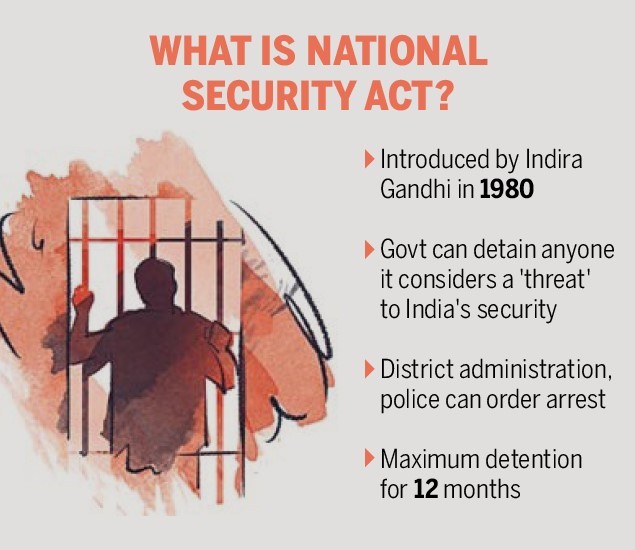
Reasons for invocation:
- The NSA can be called upon to prevent a person from taking actions detrimental to India's defence, India's relations with foreign powers or India's security.
- Among other things, it can also be used to prevent a person from taking action to support the services and services that the community needs.
Protection:
- Important procedural guarantees in the NSA are provided in Article 22(5), where prisoners have the right to represent effectively before an independent panel of three members
- The board is led by one member who is or has been a high court judge.
- The DM who passes the arrest order is protected under the Act: no legal action or prosecution can be initiated against the officer who executes the order.
- Therefore, the writ of habeas corpus is a constitutional remedy against the state's right to detain people under the NSA.

Constitutional Provision:
- The Constitution of India allows preventive detention in certain cases and the right to be protected from arrest and detention under Article 22 of the Constitution.
- However, Article 22(3) states that the rights granted to arrested persons shall not apply to preventive detention, so there is an exception.
What the Supreme Court says?
- The Supreme Court has said in previous cases that "preventive detention must be strictly construed to prevent this dangerous abuse of power" and "must strictly adhere to the guarantees of due process."
Criticisms:
- Human rights groups had earlier argued that the Act is against the Article 22 of the Constitution and several provisions of the CrPC.
- The arrested person must be informed about the reason for arrest and the right to appeal to a legal practitioner.
- Also, under the CrPC, the person arrested must be produced before the nearest Magistrate within 24 hours, but the NSA makes an exception.
- Some human rights groups are often abused by the authorities to silence political opponents or critics of the government.
- There are calls for the Act to be repealed or amended to prevent this abuse.
- Few experts believe that law cannot be construed as a draconian law as it protects the larger interests of the state and hence is likely to remain in place.
Way forward:
- India’s parliament and judiciary must revisit the NSA to close any loopholes that permit law enforcement to abuse constitutional and statutory rights.
- It is time for India to catch up with the international community and recognise that preventive detention must not be used as an ordinary and regular law and order measure.
|
PRACTICE QUESTION
Q) Which of the following statements is/are correct with reference to National Security Act?
a. A person can be detained without charge for a maximum of 12 months.
b. The arrested person does not have the right to apply for bail in criminal court.
- Only a
- Only b
- Both a and b
- Neither a nor b
Answer: Option 3
|

https://indianexpress.com/article/explained/explained-law/amritpal-nsa-national-security-act-explained-criticisms-8509503/







